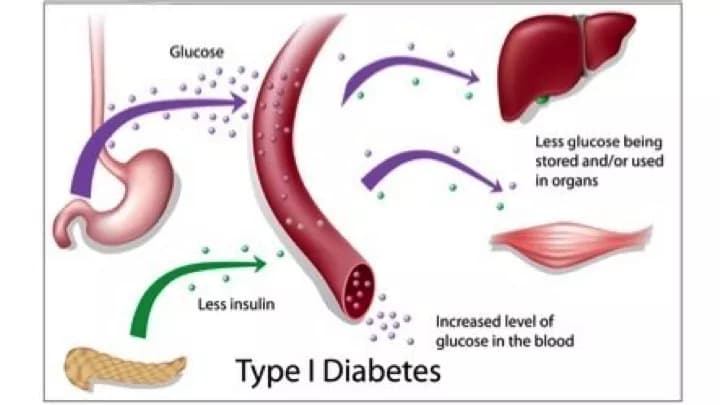
New Immune Cell Subset Associated With Progression To Type 1 Diabetes
A study conducted at the University of Eastern Finland revealed that a recently described T cell subset may have a central role in the development of type 1 diabetes. These so called follicular T helper cells were found to be increased at the onset of type 1 diabetes, and the phenomenon was linked with the presence of autoantibodies commonly associated with the disease.
Type 1 diabetes is an autoimmune disease where the immune system destroys the insulin-producing beta cells in the pancreas. Type 1 diabetes typically manifests in childhood and early adolescence. Diabetes-associated autoantibodies are highly predictive of type 1 diabetes risk and they can be typically detected in the blood of patients even years before the onset of the disease.
T cells are immune cells that have an important role orchestrating the functions of the immune system. Follicular helper T cells are a recently described subset of T cells that have a central role in activating B cells, which in turn are responsible for producing antibodies.
Since the emergence of autoantibodies is a common feature of type 1 diabetes development, it is plausible that follicular T helper cells have a role in the disease process. This notion is also supported by evidence recently generated in the murine model of type 1 diabetes.
In a study led by Academy Research Fellow Tuure Kinnunen, samples from the Finnish DIPP follow-up study were used. In the DIPP study, children with an increased genetic risk for developing type 1 diabetes are longitudinally followed for the development of the disease. In the current study, the frequency of blood follicular T helper cells was observed to increase close to the onset of type 1 diabetes. Moreover, the phenomenon was only observed in a subgroup of children that were positive for multiple diabetes-associated autoantibodies. This finding suggests a connection between the activation of follicular helper T cells and the activation of autoantibody-producing B cells in type 1 diabetes.
Taken together, the current results support the idea that follicular helper T cells have a role in the development of type 1 diabetes. Immune therapies that target these cells can therefore be envisioned to have potential in the prevention of type 1 diabetes. The study also involved researchers from the Universities of Turku, Helsinki, Tampere and Oulu.
Materials provided by University of Eastern Finland. Note: Content may be edited for style and length.
Disclaimer: DoveMed is not responsible for the adapted accuracy of news releases posted to DoveMed by contributing universities and institutions.
Primary Resource:
Viisanen, T., Ihantola, E. L., Näntö-Salonen, K., Hyöty, H., Nurminen, N., Selvenius, J., ... & Toppari, J. (2016). Circulating CXCR5+ PD-1+ ICOS+ Follicular T Helper Cells Are Increased Close to the Diagnosis of Type 1 Diabetes in Children with Multiple Autoantibodies. Diabetes, db160714.
Related Articles
Test Your Knowledge
Asked by users
Related Centers
Related Specialties
Related Physicians
Related Procedures
Related Resources
Join DoveHubs
and connect with fellow professionals

0 Comments
Please log in to post a comment.